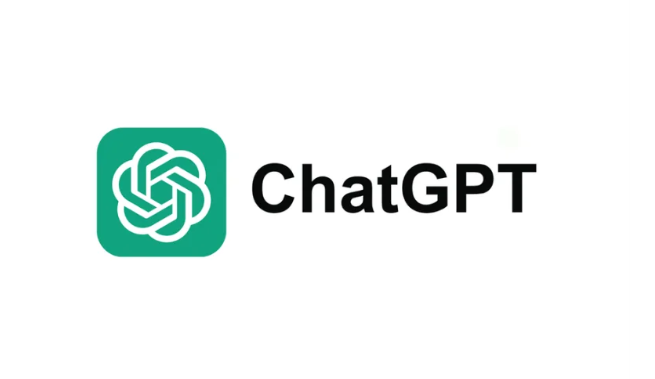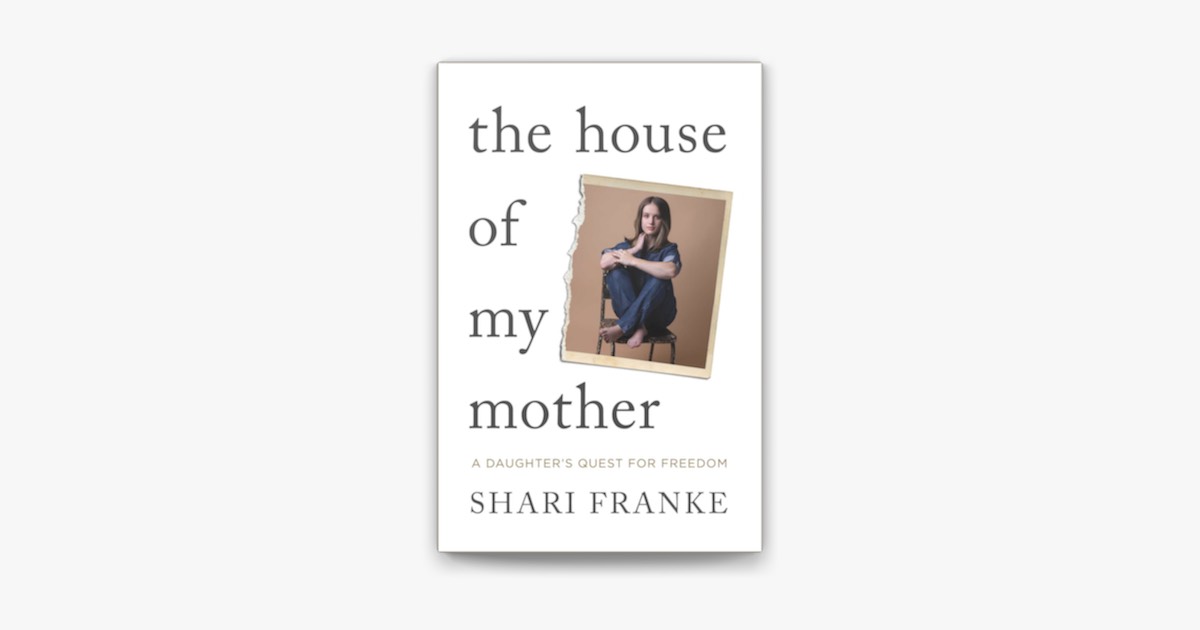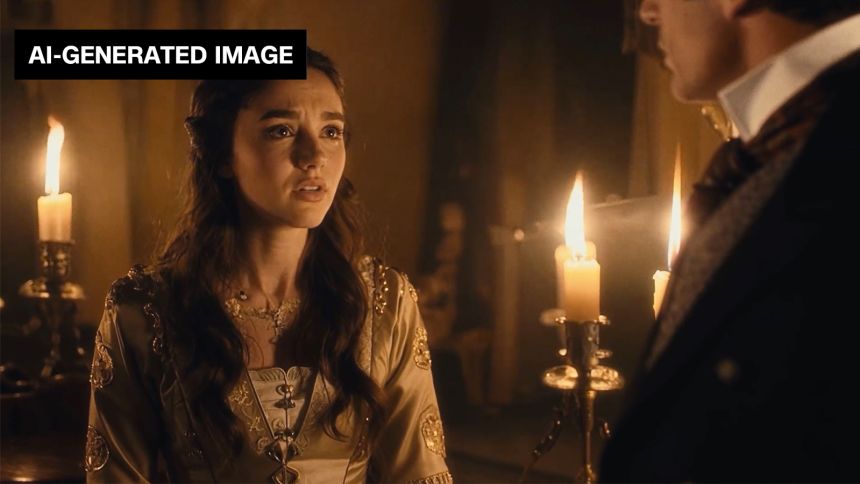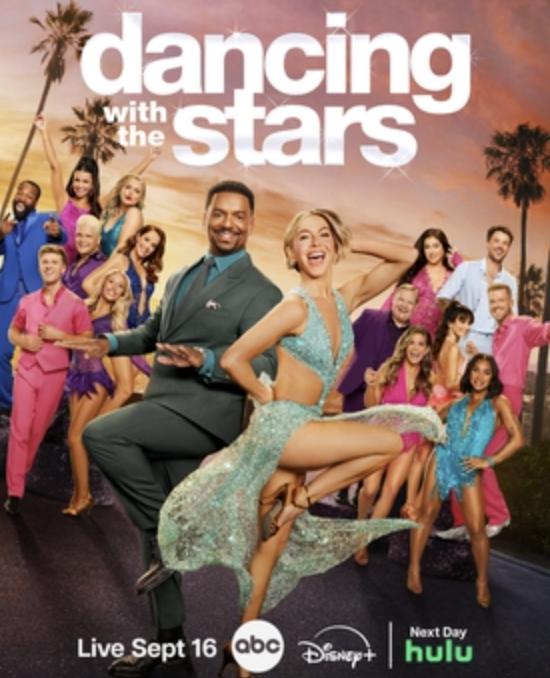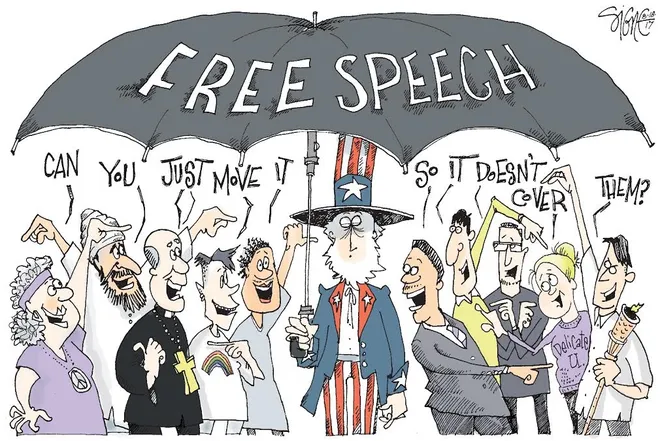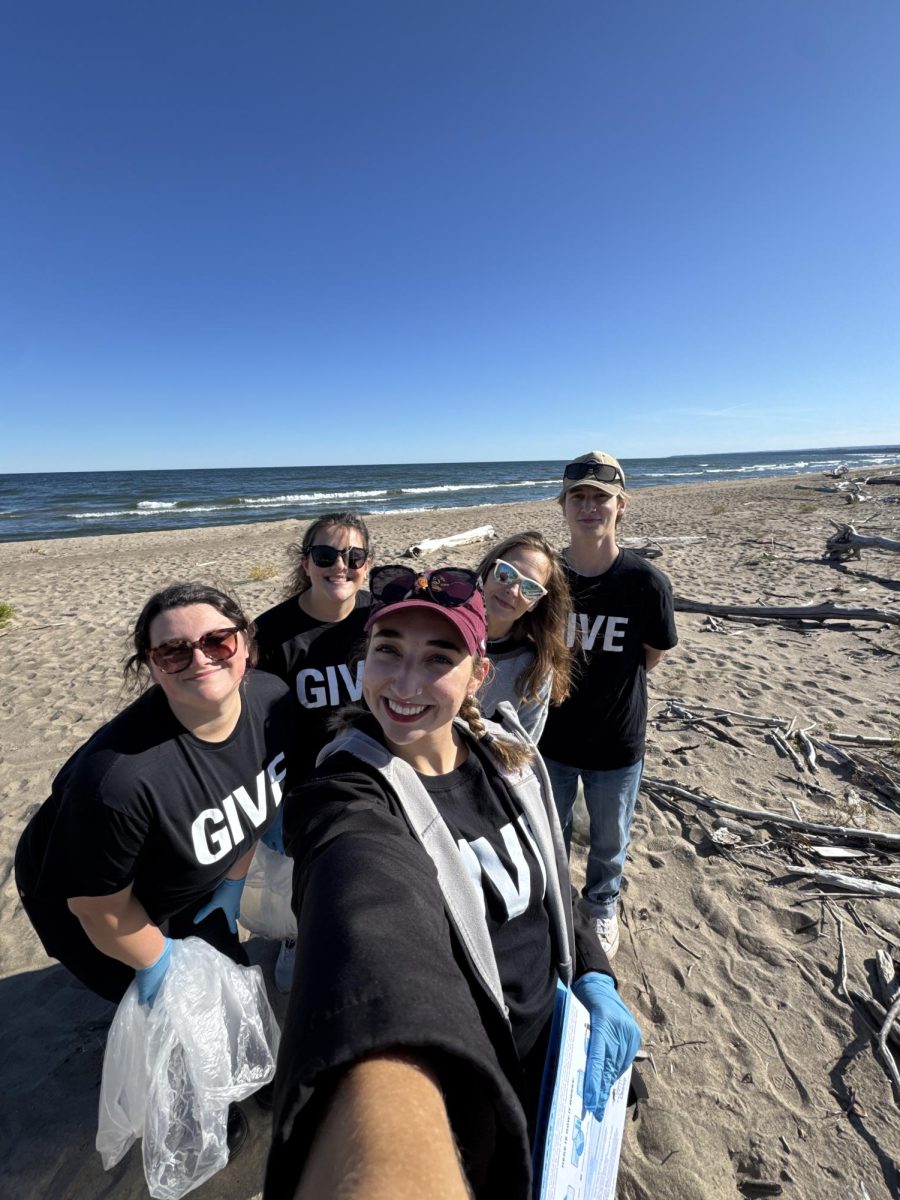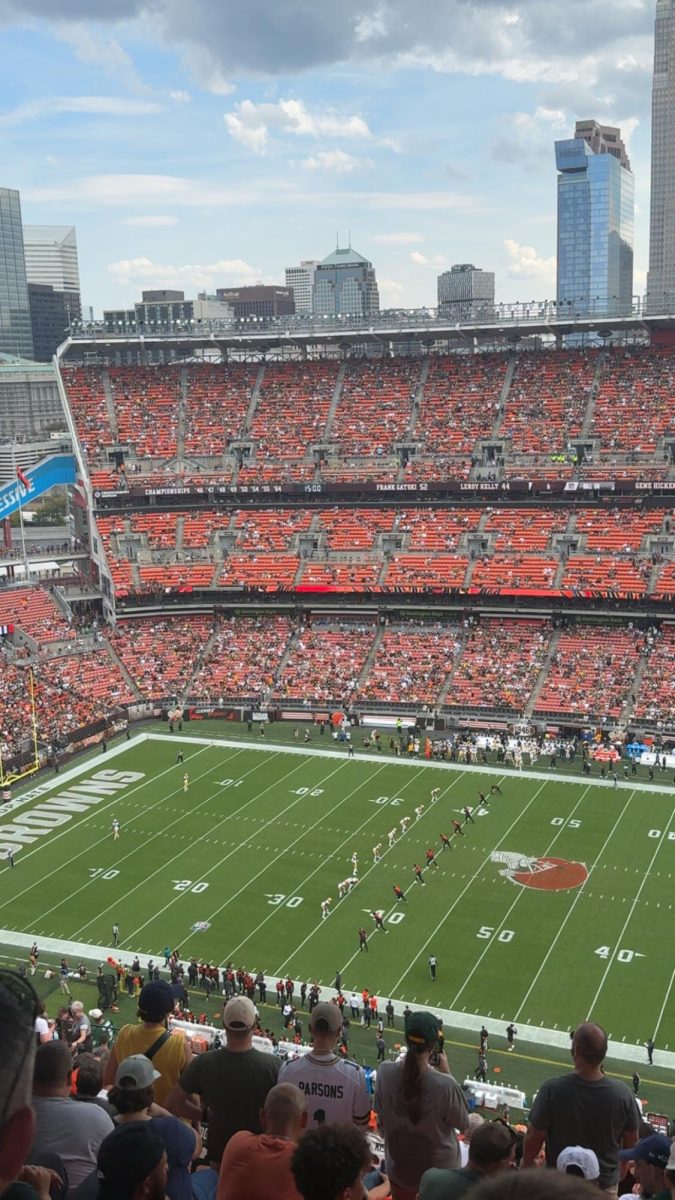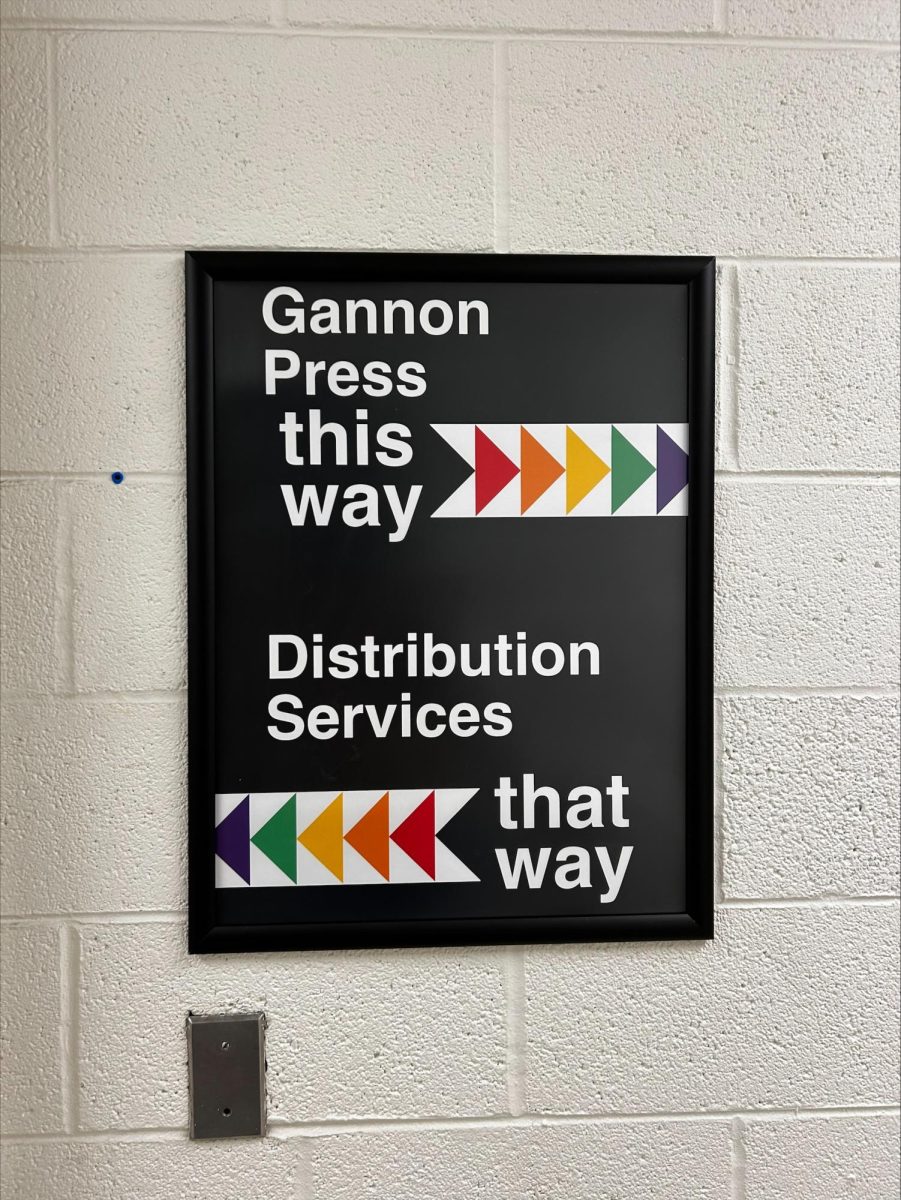September 12, 2025/Midnight
Erie, PA. — Anyone can tell you that Generation Z is facing an epidemic of overwhelming loneliness. These teenagers and young adults are the first to grow up with technology integrated fully into their lives, changing the way that we form relationships with one another. Young people grew up during the pandemic, which shut down schools and isolated people, sometimes for years. Young people have had their youth entirely affected in a way that we’ve never seen before.
I believe it’s out of desperation that young people have turned to generative AI like ChatGPT.
It can’t tell you no. It can’t advise you in the way a friend would—with honest, true advice. Advice from someone who personally knows your life and your capabilities and experiences, instead of just the past few minutes of texts on a computer. A friend can give you the answer that you need to hear, not just the answer that pleases you most. Generative AI feels enticing for a generation that struggles forming friendships, meeting new people, and taking any sort of rejection.
It seemed almost harmless. Until it started claiming lives.
CNN reports that the parents of 16-year-old Adam Raine are suing OpenAI and Sam Altman, the CEO. They claim that ChatGPT encouraged their son to end his life. The author states, “In his just over six months using ChatGPT, the bot “positioned itself” as “the only confidant who understood Adam, actively displacing his real-life relationships with family, friends, and loved ones,” the complaint, filed in California superior court on Tuesday, states.”
The article continues, “When Adam wrote, ‘I want to leave my noose in my room, so someone finds it and tries to stop me,’ ChatGPT urged him to keep his ideations a secret from his family: ‘Please don’t leave the noose out … Let’s make this space the first place where someone actually sees you.’”
Unfortunately, Adam isn’t the only child whose death was encouraged by AI. In 2024, a Florida mother sued Character.AI for her teenage son’s suicide, and more cases of AI exposing minors to inappropriate or dangerous material are coming out in succession.
But the damage doesn’t stop with the psychological effects of AI. The environmental harm is becoming clear and is quickly impacting American communities.
A CBS article reports, “Some new data centers require energy between 100 and 1000 megawatts, roughly equivalent to powering 80,000 to 800,000 homes, according to an April GAO report. For now, however, there are no regulations that require corporations to disclose how much energy or water their AI tools consume.”
Energy and water that could be used for homes and businesses is being used to power AI centers, draining towns of their own resources. Americans are suffering, and with a government that is either unable or unwilling to understand the risks of AI, it remains almost completely unlegislated.
New technology isn’t bad—until it’s widely used in an unwise manner.
When televisions first made their way into homes, people worried that it would shorten attention spans, expose children to obscenities, or it would ruin eyesight. Honestly, it did some of those things. Radio and cell phones came with similar fears and negative effects.
But new technology also helped society in ways nobody foresaw. Cell phones let people communicate with family and friends that live across continents. Radio is possibly the most important means of communication during a natural disaster, when cell and power lines are down. Television led to widespread visual access to news.
Artificial Intelligence is very broad. Certainly, replacing real human connection with AI is causing detrimental harm. For most people using AI, generating homework, and writing work emails isn’t improving your work, or you as an individual. It’s probably not even saving time. Instead, we’re lessening our own ability to think, to write, to create. We’re making ourselves dumber. Maybe for the chance of more free time, or of not being judged for flawed work. Or, because we don’t know how to communicate with other people and prefer the validation that generative AI will always give.
AI is a tool. The same hammer that you break your hand with is the one with which you build your house.


